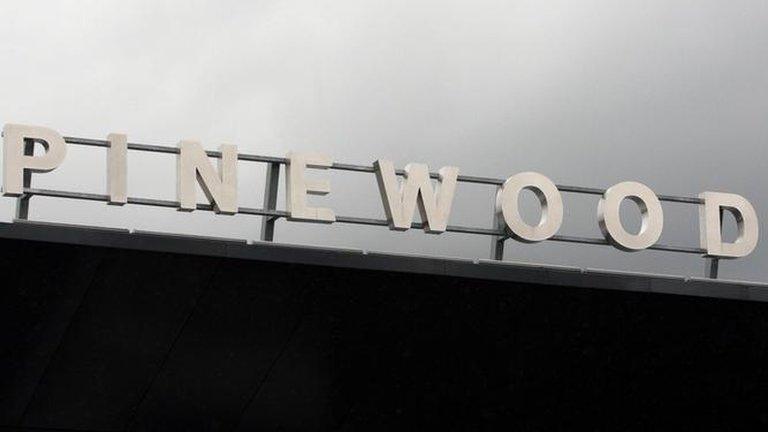UK tax breaks led to decline in Manx film industry, committee hears
- Published

Partly filmed at the Gaiety Theatre in Douglas, Me and Orson Welles lost the government £9m
UK tax relief on films and a recession contributed to a decline in the Isle of Man film industry, a Tynwald committee has heard.
The panel is investigating £27m losses from the island's Media Development Fund (MDF) between 2007 and 2016.
Former government minister John Shimmin said the film industry was restructured in 2007 after "changes in the UK beyond our control".
The 2008 credit crunch recession had "an impact on projections", he added.
Further "radical tax changes" in the UK in 2012 "completely cut the ground from under our traditional model", former chief minister Allan Bell said.
In 2012, the then Chancellor George Osborne announced tax breaks for films made in the UK introduced in 2007 would be extended to high-end television projects and animated features, as an incentive to attract more projects to the country.
The rules mean companies can claim back 25% of their UK production costs, provided projects qualify as British under a cultural test or are official a co-productions.
'Shuddering halt'
Before the changes, the island's film industry had made "a substantial return" to the Manx government of about £300m, Mr Bell said.
But the new rules led to a vast increase in competition and the "ability to carry on as business as usual came to a shuddering halt," he added.
The investments included the 2008 feature film Me and Orson Welles, starring Zac Efron, which lost the government more than £9m.
Money ploughed into the animated feature Chico and Rita also lost the government £2.8m.
The committee previously heard that, of the £60m invested into film projects between 2007 and 2016, only £32m had been returned.
- Published27 September 2019

- Published31 March 2015

- Published16 March 2012
